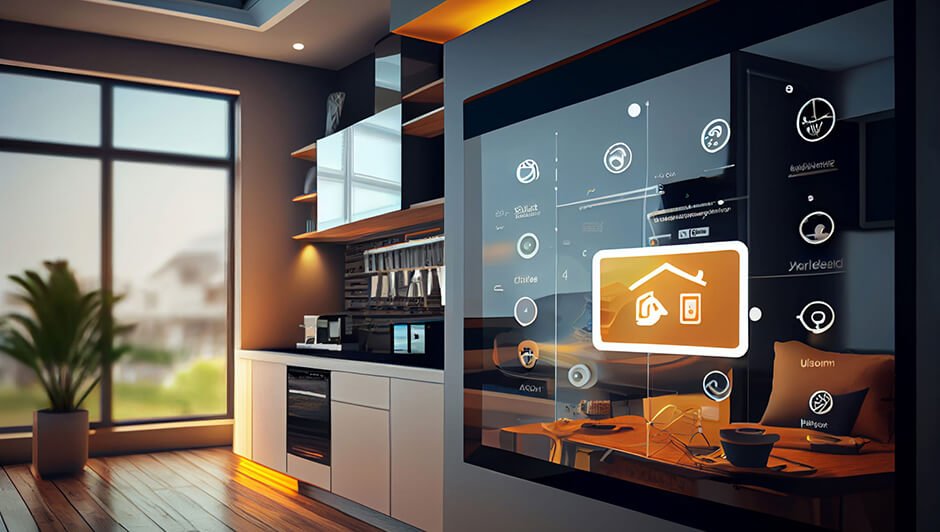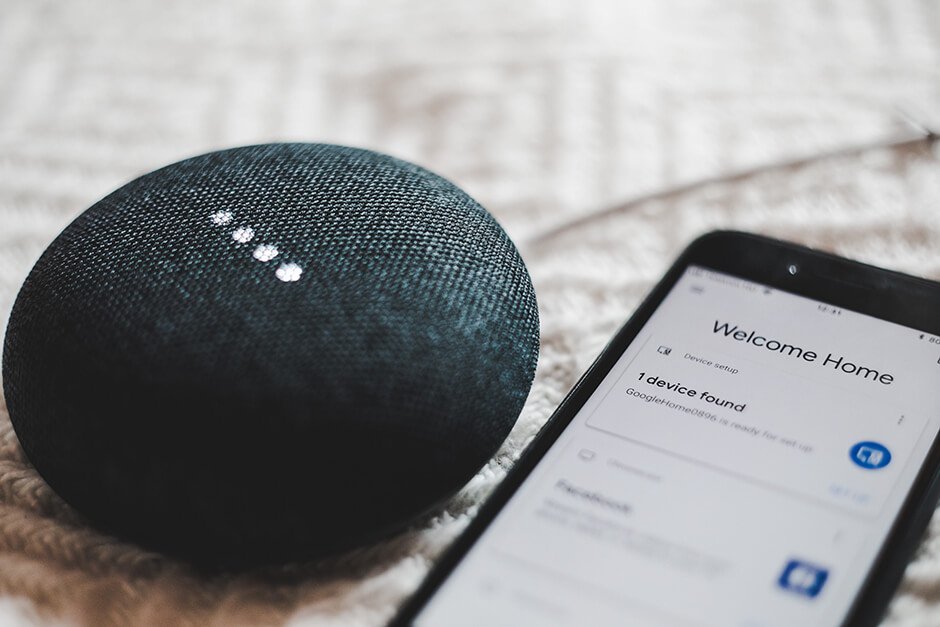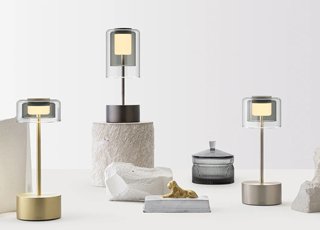Smart houses: what smart housing will be like in 2024 according to experts from the Builders Club
In the modern world and, especially in the construction industry, one cannot help but pay attention to the growing popularity of smart homes, which are becoming more accessible and in demand. Smart housing with the latest technologies offers many benefits that improve the comfort and safety of its inhabitants.

Current market volume and current situation
Smart home systems are increasingly appearing in the mass market. In the high-price segment, they have been one of the mandatory elements for about 10 years. For the comfort class, the solution was expensive but desirable - there was a positive trend in demand.
According to surveys of market players in 2019, about 30% of buyers of apartments in new buildings were willing to pay extra for such technological equipment in their homes; in 2021, the figure was already 35%. According to a study by Avito Services conducted in 2022, 68% of respondents already said that they would like to purchase housing with an integrated smart home system or subsequently install one.
Experts believe that demand will only grow in the future.
The online habit that has formed in recent years will play a role. In addition, the real estate buyer is getting younger—and he is accustomed to the digitalization of “everything.” Here again, the point about improving the quality of life comes into play. In 2023, Russians began to buy smart home devices more often - demand for robotic vacuum cleaners, smart speakers and sockets, remote controls, lighting fixtures and curtains, as well as comprehensive security systems (motion, smoke, water leakage and video cameras) increased. .
Virtual assistants are the growth driver of the smart home market in Russia. Sensors, light bulbs, and other devices that allow the automation of household processes are also gaining popularity.
Today, the “smart home” has gone beyond the apartment. Therefore, the availability of building-wide digital services, for example, the ability to interact with the management company and the building infrastructure via a smartphone, open doors and gates using a QR code, Face ID or fingerprint, call an elevator or open a barrier with a voice command, drive to a parking lot using car license plate recognition, view cameras in the local area, etc.
By 2025, sales of smart home devices in Russia will more than double, from $1.2 billion in 2021 to $2.7 billion, as predicted by the Scientific and Technical Center of the Main Radio Frequency Center (STC GRFC), subordinate to Roskomnadzor.

Trends in the smart housing market
Experts from the Builders Club have identified several key trends that will determine the development of smart houses and apartments in the new year:
1. Device integration
One of the main directions in the development of smart housing is improving the interaction of various devices and systems. Experts expect that in 2024, smart homes will offer even more opportunities to automate and control various functions such as lighting, heating, ventilation and security. Thanks to smart algorithms and artificial intelligence systems, devices will interact with each other and adapt to the needs and preferences of the user.
2. Increased functionality and manageability
Smart homes will offer even more opportunities to control and manage various aspects of life. Smart housing is expected to have advanced automation, voice control, touch communication and other innovative technologies. For example, the premises will automatically respond to the presence of occupants, regulate lighting and climate conditions, and perform a number of everyday tasks such as ordering food or managing energy consumption.
3. Security and data protection
With the increasing number of connected devices and data, security and privacy are becoming key aspects of smart homes. In 2024, there will be a greater focus on cybersecurity and data protection to ensure security and protection from possible threats. The introduction of innovative encryption methods and multi-factor authentication will help improve security, making smart homes more secure to use.
4. Personalization and ease of use
Smart home users will have the opportunity to fine-tune and personalize their home's functionality. Thanks to smart analytics systems that collect information about residents' preferences and habits, smart homes will offer personalized recommendations optimized for each user, creating a more comfortable and satisfying living environment.
The development of technology and innovation is rapidly changing our lives, and smart homes are becoming an integral part of this process. In the new year, smart houses and apartments expect not only new functions and capabilities but also a higher level of security and personalization.

If you want to develop in the community of construction professionals and related fields, scale your business and share your experience with like-minded people, then join the Builders Club.





